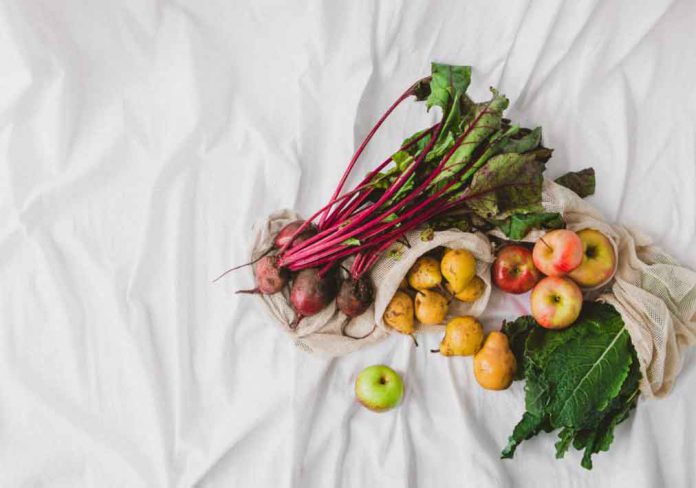“We’re sort of like the milkman” of groceries
By Sebastien Malo
NEW YORK (Thomson Reuters Foundation) – New Yorker Tamara Lim loves packaging, but in a less-is-more kind of way.
As a former manager at online retail giant Amazon.com Inc, known for sometimes shipping goods in outsize disposable cartons, the 26-year-old says she regularly heard clients asking why they received “this tiny, little thing in a huge box”.
“‘Can you do something about that?'” she recalls them asking.
Some five months ago, Lim did. She launched the Wally Shop, the first grocery delivery service in the United States promising only re-usable packaging.
Several hundred customers order their groceries from The Wally Shop online, she said.
Currently, the service only covers the Brooklyn section of New York City, though it hopes to grow to Manhattan by the spring, said Wally Shop communications director Sabrina Katz.
The service delivers local products ranging from vegetables to pasta to bread via bike courier in re-usable glass jars or cloth bags, Lim said.
The bike couriers return to pick up the shipping material after the goods have been consumed, ensuring a zero-waste formula.
“We’re sort of like the milkman” of groceries, said Katz, referring to local milk delivery services that once were commonplace but are now nearly extinct.
That comparison was also made by Susan Selke, who heads the School of Packaging at Michigan State University.
“One … thing that’s being talked about recently is a return to the milkman,” she told the Thomson Reuters Foundation.
The profession’s disappearance speaks to the modern food industry trend of selling products far from where they are produced. The result is packaging that is largely inconvenient to reuse, Selke said.
Plastic production has surged over the last 50 years, leading to widespread use of inexpensive, disposable bottles, cups, takeaway containers and other products.
Last March, U.S. campaigners called on the nation’s largest supermarket chain, Kroger Co., to introduce a plastics-free aisle, giving shoppers the option of buying products without pollution-making packaging.
The petition came less than a month after Dutch organic chain Ekoplaza set up what it said was the world’s first such supermarket aisle, a move hailed by environmentalists.
Last month, another company, Loop announced at the World Economic Forum in Davos, Switzerland, that it had partnered with major packaged goods sellers and retailers.
Loop, to launch in May with projects in Paris and the New York/New Jersey/Pennsylvania area, will deliver products such as orange juice and shampoo in reusable glass and metal bottles to shoppers’ doorsteps and retrieve the empties for reuse.
(Reporting by Sebastien Malo @sebastienmalo, Editing by Jason Fields. Credit the Thomson Reuters Foundation)








